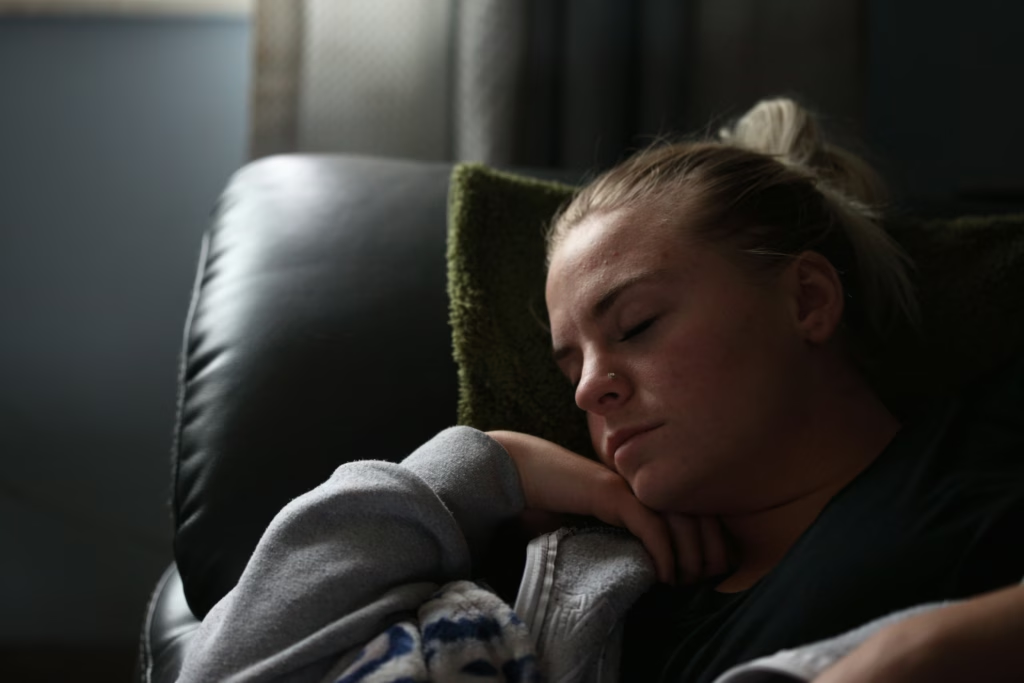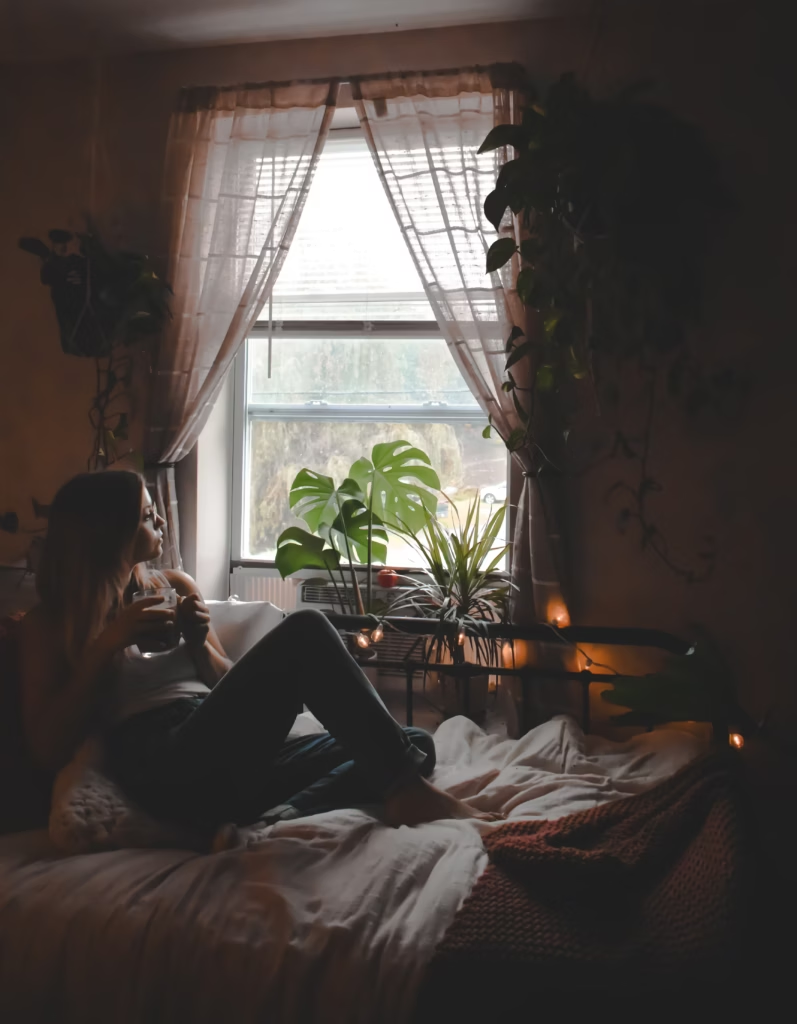If you spend enough time online, you’ll start to feel like you’re doing life wrong.
You’ll see the people who have colour-coded planners, full-body routines, and morning rituals that begin before the sun comes up. You’ll hear about how every moment should be productive. You’ll be told that if you’re not meditating, cold-plunging, tracking your macros, side-hustling, journaling, and levelling up, you’re falling behind.
And if you live alone, the pressure doubles. Suddenly all that time and space you have is supposed to be fuel for constant self-improvement. You’ve got the hours, right? So what’s your excuse?
Here’s mine:
I don’t want my life to be a project. I want it to be a life.
My yesterday (at time of writing ) is a great example of this.
My alarm goes off at the same time, but I don’t rush out of bed (which I try to do on week days). Instead, I relax, lay in bed for a while. I reach for my iPad, read for a bit, chat a bit on a couple of Discord servers. I dozed a little bit.
I got up, and took a shower, got dressed and went downstairs. I wasn’t feeling overly hungry, and the kitchen needed a bit of a tidy up, so I did that. I bought a big tray (for one person) of discounted steak the day before, so I put on a big slow-cook before I made breakfast.
Then I sat, with my iPad, reading while I ate my bacon and eggs and drank my coffee. I was in a good part of my current book, so I kept reading for a while longer.
Phone call from my boss interrupted that (nothing urgent, just a bit of a debrief on some things from the previous day), then I went to my computer. Chatted with a couple of people on Twitch, and did some idle gaming for a while. Nothing too challenging, but entertaining nevertheless.
After a couple of hours, I noticed some friends playing something else, so I joined in with them. That was another four or five hours.
I took breaks here and there – more water, something for lunch, stirring the big slow-cook. Another break to finish off, then eat the first meal from that big cook—watching some TV while eating.
Back to the game (different parts of the same group were playing still) until about 8pm, then a re-watch of another couple of episodes of a favourite show before bed.
I could have done a lot more. And yeah, there’s a part of my brain that was constantly whispering at me, telling me that I should have been doing more.
At the same time, I have a week’s worth of lazy dinners in the fridge (I told you it was a big slow-cook), and I’m being more productive today.
So, was it a loss? A waste of a day?
Not at all. I feel recharged. I enjoyed myself, I spent quality on-line gaming time with people I genuinely like.
How could I consider that a waste?
The Myth of the Optimised Human
There’s a difference between growth and optimisation. Growth is natural. It ebbs and flows. It’s responsive to what you need, not what the algorithm says you should be doing. Optimisation, on the other hand, is about control. It’s about treating yourself like a system that can always be made more efficient.
But we’re not systems. We’re people.
Living well doesn’t always look good on paper. Sometimes it looks like a slow start. Sometimes it looks like reading the same chapter twice because your mind wandered. Sometimes it’s doing “nothing” on a Sunday and not turning it into a productivity hack.
You Are Not Wasting Time by Living
There’s nothing wrong with making the most of your time. Structure can be helpful. Discipline has its place. But you are not a robot, and your worth is not measured in output.
Resting is not a waste. Doing things just because they bring you joy is not a waste. Watching a show, cooking a meal, listening to music, going for a walk with no destination—these are not failures of time management. They’re part of a full life.
When you live alone, there’s no one around to tell you this. No one to remind you that it’s okay not to be improving every second. So you have to remind yourself.
The Space to Just Be
One of the quiet gifts of living solo is that you don’t have to perform for anyone. You can just exist. You can be a little messy, a little aimless, a little human.
Your home doesn’t have to be Instagram-worthy. Your routines don’t need to be airtight. Your days don’t have to be impressive.
They just have to be yours.
There’s so much freedom in letting go of the pressure to optimise. In deciding that you don’t need to be your best self all the time. You just need to be yourself.
Final Thoughts: Life is Not a Spreadsheet
Solo living gives you space. But space doesn’t always need to be filled with productivity. It can hold quiet. Stillness. Simplicity.
So if today didn’t feel like a win, that’s okay. If you didn’t “level up,” that’s okay. If all you did was get through the day and feel mostly okay doing it—that’s a pretty decent day.
You’re not falling behind. You’re not broken. You’re just a person living a life.
And that life doesn’t have to be optimised for it to be good.




